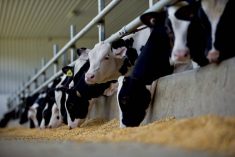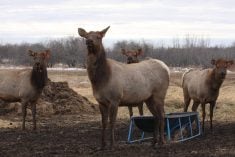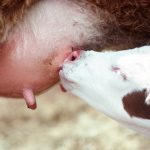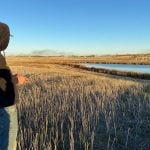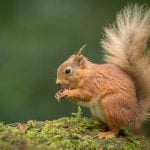Elk farmers in the Yukon can expect to be consulted on a proposal to use medicated feed for tick control in the wild elk population.
Territory Environment Minister Dennis Fentie said Tuesday that the government plans a three-phase approach to manage and remove the winter tick infestation that’s hit wild elk in the Yukon.
Department biologists are considering medicated feed as one of several proposals to try and manage the ticks in late winter, when they’re most active in reproducing and attaching themselves to host wildlife.
Read Also
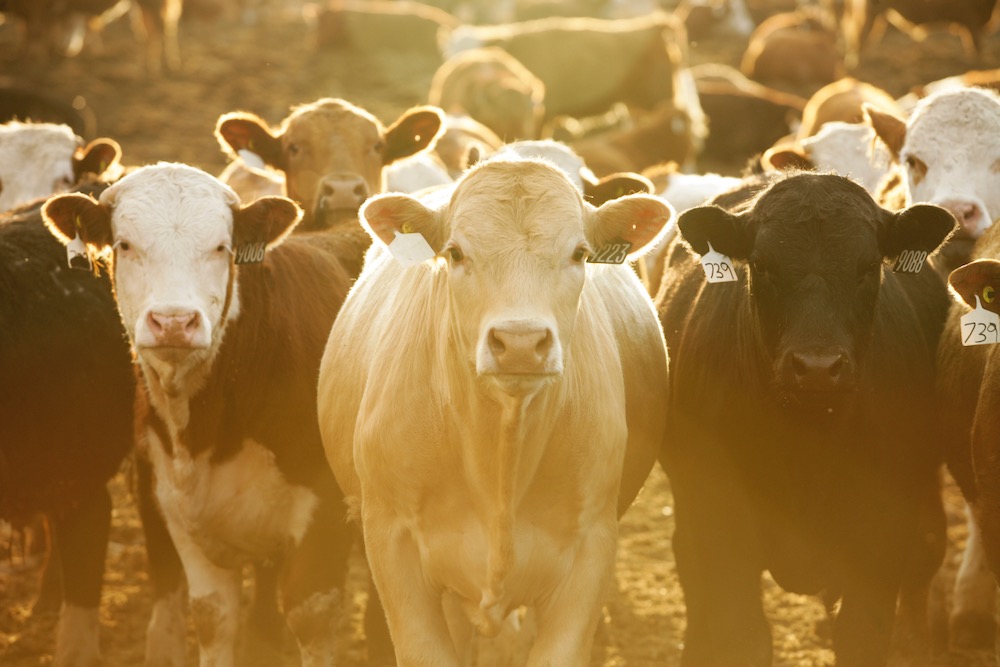
U.S. livestock: Cattle futures drop on Trump call for lower prices
Cattle futures on the Chicago Mercantile Exchange dropped sharply on Wednesday, reacting to comments from United States President Donald Trump…
“The use of medicated feed can be a concern for many people,” Fentie said in a release, “and we will need to consult with the First Nations people whose traditional territory includes the elk range, the respective renewable resources councils and elk farmers in the area, on how best to administer medicated feed to the elk in our efforts to immediately address the control of winter tick.”
Phase two involves drafting a longer-term winter tick management plan, including a risk assessment. Phase three would see the plan and assessment go out to the public for review and comment before the government moves ahead with a longer-term plan.
The winter tick situation in the Yukon’s wild elk herd “does not have parallels in southern jurisdictions,” so more information is needed before a reliable risk assessment can be made, the government said.





